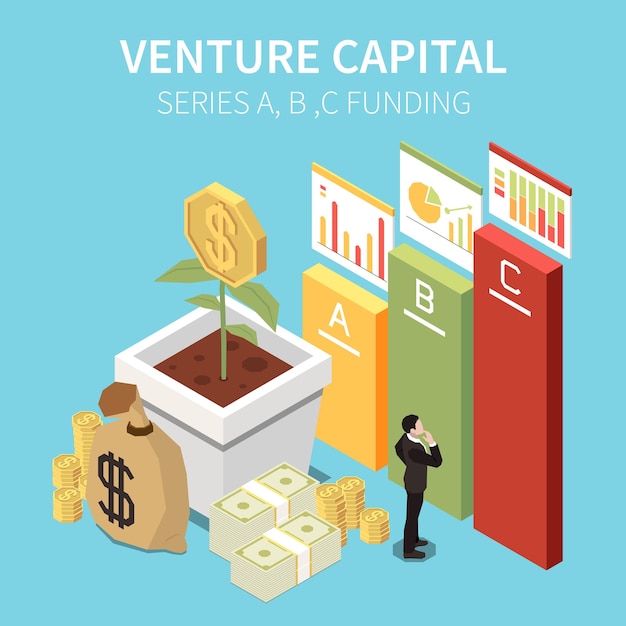Explore the Unbeatable Alternatives to Betterment for Effortless Investment Success

Let’s Talk About Investing: Awesome Alternatives to Betterment
Last update: September 29, 2023
Investing is one of the best ways to secure your finances for the future. But stepping into the world of stocks, bonds, and equities can be intimidating. Don’t worry! With today’s tech, online investment platforms can help simplify the process.
One such platform is Betterment. It’s been around since 2008 and is quite popular. But let’s spice things up a bit and discuss some alternatives to Betterment, in case you’re seeking other choices.
Let’s Start With Betterment:
Betterment manages over $16 billion in assets. Like a Swiss army knife, they offer different account types, including IRAs and brokerage accounts. It’s ideal for folks wanting to save for a big goal like a college fund, retirement or buying a house. The platform matches your specific goals and risk tolerance to portfolios of low-cost mutual funds and ETFs.
They do have a few snags though. Customers have complained about slow withdrawals and there aren’t any opportunities for direct indexing.
Alternatives to Betterment:
1. M1 Finance: Known as a “Finance Super App,” it covers investing, spending, and borrowing instead of just focusing on investments. It’s not technically a robo advisor, but it does have the benefits of passive investing.
2. Wealthfront: It’s very similar to Betterment, but with a $500 minimum investment and certain features that need at least $100,000.
3. Ally Invest: Part of Ally Bank, this platform offers a variety of investments like stocks, ETFs, and options. It’s great for Ally Bank customers who want convenience and simplicity.
4. SoFi Automated Investing: Started as a student loan refinancing company, SoFi has expanded its products to include investments, loans, and accounts.
5. Titan: This platform isn’t about building a typical diversified portfolio. Instead, they focus on selecting specific stocks. It’s riskier but with potential for higher rewards.
6. Wealthsimple: If you’re socially conscious, then this is your platform. It prioritises companies that invest in technology to benefit underserved populations, clean technology, or diverse hiring practices.
7. Ellevest: Founded by a Wall Street veteran, it prides itself as a woman-centric investment firm. They consider the wage gap and other realities women face when creating portfolios.
8. Acorns: They help you save by rounding up your debit card purchases to the nearest dollar and investing the spare change. Perfect for new investors who struggle to set money aside.
9. Stash: With this platform, the fees might not be friendly if you’re starting with a small fund. But their educational resources for new investors are top-notch.
10. No Longer Operating: Blooom was a retirement account manager.
Final Thoughts on Betterment Alternatives:
Each platform has unique strengths. Here are some standout examples: M1 Finance for an all-in-one solution, Stash for educational resources, Ally Invest for foreign exchange, Acorns for beginners, Wealthsimple for socially conscious investors, and Ellevest for female investors.
Remember, finding the right platform for you depends on your individual needs, preferences, and goals. Many platforms offer minimum fees and no investment minimums, allowing you to try out different platforms and see which one suits you best.
In the same breath, don’t forget to check out Public, Moomoo, and Webull. They rapidly become popular for offering commission-free trades and user-friendly interfaces. For beginners, it’s the perfect playground to learn about investments.
No matter what tool you use, remember that investing is a step towards securing your financial future. So, get started today!


